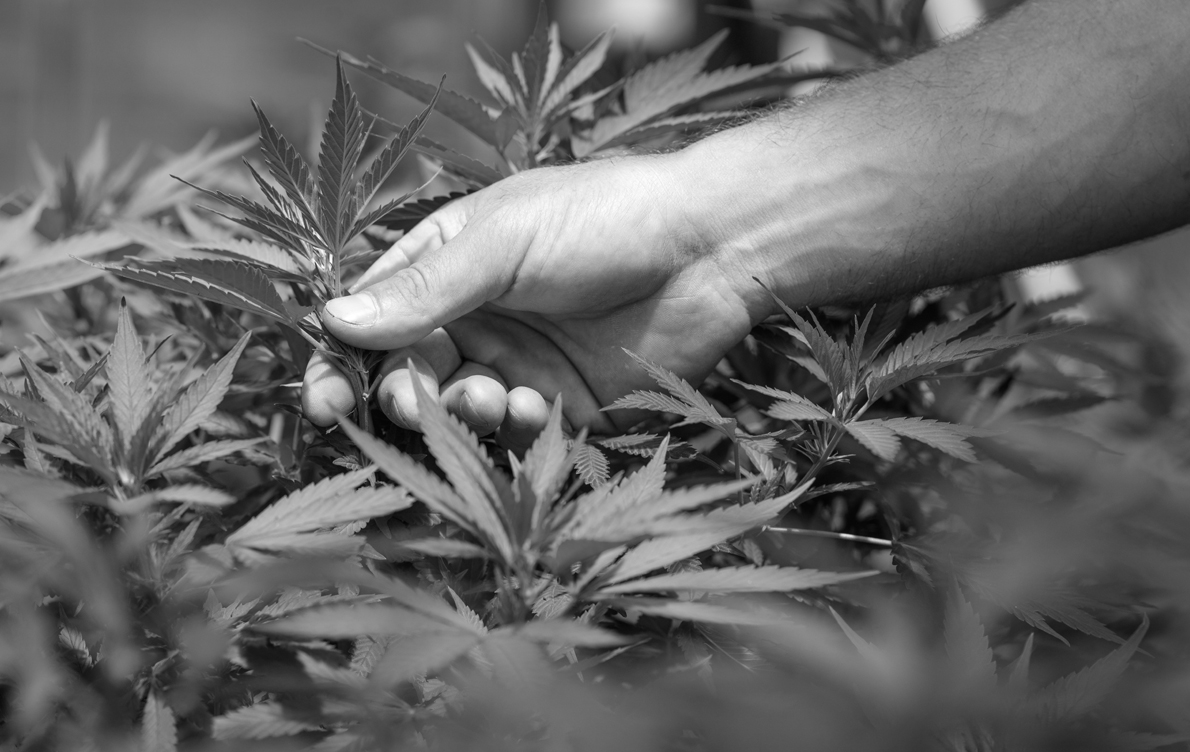NY Expected to Legalize Adult-Use Cannabis
On Saturday, March 27, 2021, a bill was introduced which reflected a compromise between the New York State Legislature and Governor Cuomo. The bill, an amended form of the Marijuana Regulation and Taxation Act (also known as the MRTA), contains the following provisions:
- Legalization of possession of up to three ounces of cannabis by adults 21-years-old or older, and automatic expungement of all criminal convictions that would no longer be criminal.
- Legalization of home cultivation of up to three mature plants and three immature plants per adult over 21, with a limit of six mature plants and six immature plants per household.
- The establishment of the Cannabis Control Board, consisting of three members appointed by the Governor, one by the temporary president of the Senate, and one by the speaker of the Assembly. The Governor’s appointments shall need the consent of the Senate, with one of the Governor’s appointments serving as chairperson. Each member of the board will serve a three-year term, and must be geographically and demographically representative of the state and communities historically affected by the war on drugs.
- The Cannabis Control Board will have the ability to issue, or refuse to issue, registrations, licenses, and permits for cannabis businesses. This includes the ability to limit the number of registrations, licenses, and permits available within the state or any political subdivision. The Board is to prioritize social and economic equity applicants with a goal of 50% of all registrations, licenses, or permits rewarded to such applicants.
- The Cannabis Control Board will have the authority to revoke, cancel, or suspend for cause any registration, license, or permit.
- The Cannabis Control Board shall set the standards for cultivation and processing of medical cannabis, adult-use cannabis, cannabis products, cannabinoid hemp, and hemp extract. This includes setting limits as to potency and the type of products which may be manufactured and/or processed.
- The Office of Cannabis Management is to be established within the Division of Alcoholic Beverage Control, with the purpose of keeping records of registrations, licenses, or permits issued, perform inspections of cannabis-related businesses, and prescribe forms for all licenses and permits.
- The creation of the role of Chief Equity Officer, who shall establish public education programming in communities historically impacted by cannabis policing and assist those in said communities in seeking licenses for cannabis-related businesses.
- The establishment of the Cannabis Advisory Board, who will be empowered to approve grants from the Community Reinvestment Fund.
- The expansion of the current medical cannabis program, including additional licenses, expanded patient access, and additional products.
- The creation of an adult-use market, with cultivators and processors being prevented from owning retail stores.
- Licensing for cultivation, processing, retail, delivery, on-site consumption, and cannabis research.
- The creation of a 9% state excise tax and 4% percent local excise tax on retail sales of cannabis. Of the local excise tax, 75% would go to the municipalities while 25% would go to the counties.
- The creation of a THC tax of 0.5 cents per milligram for flower, 0.8 cents per milligram for concentrate, and 3 cents per milligram for edibles.
- 40% of tax revenue is to be dedicated to education, 40% to the Community Grants Reinvestment Fund, and 20% to the Drug Treatment and Public Education Fund, with 40% of all funds dedicated to those disproportionally affected by cannabis policing.
- Municipalities may opt-out of allowing retail stores or on-site consumption locations, but cannot outlaw adult-use.
- New York will fund studies to help determine when someone is driving under the influence of cannabis, and will implement additional regulations based on those studies.
- Neither the scent of cannabis nor presence of cannabis shall constitute reasonable suspicion to be used to search an adult 21-years-old or older.
While it is anticipated that this bill will be passed with minimal changes, the foregoing provisions are subject to change by the New York State Legislature. While the bill is expected to proceed on an expedited schedule, it will not move forward as a portion of the New York State budget process. We will continue to monitor this bill as it moves through the legislative process.
As the law continues to evolve on these matters, please note that this article is current as of date and time of publication and may not reflect subsequent developments. The content and interpretation of the issues addressed herein is subject to change. Cole Schotz P.C. disclaims any and all liability with respect to actions taken or not taken based on any or all of the contents of this publication to the fullest extent permitted by law. This is for general informational purposes and does not constitute legal advice or create an attorney-client relationship. Do not act or refrain from acting upon the information contained in this publication without obtaining legal, financial and tax advice. For further information, please do not hesitate to reach out to your firm contact or to any of the attorneys listed in this publication.
Join Our Mailing List
Stay up to date with the latest insights, events, and more





